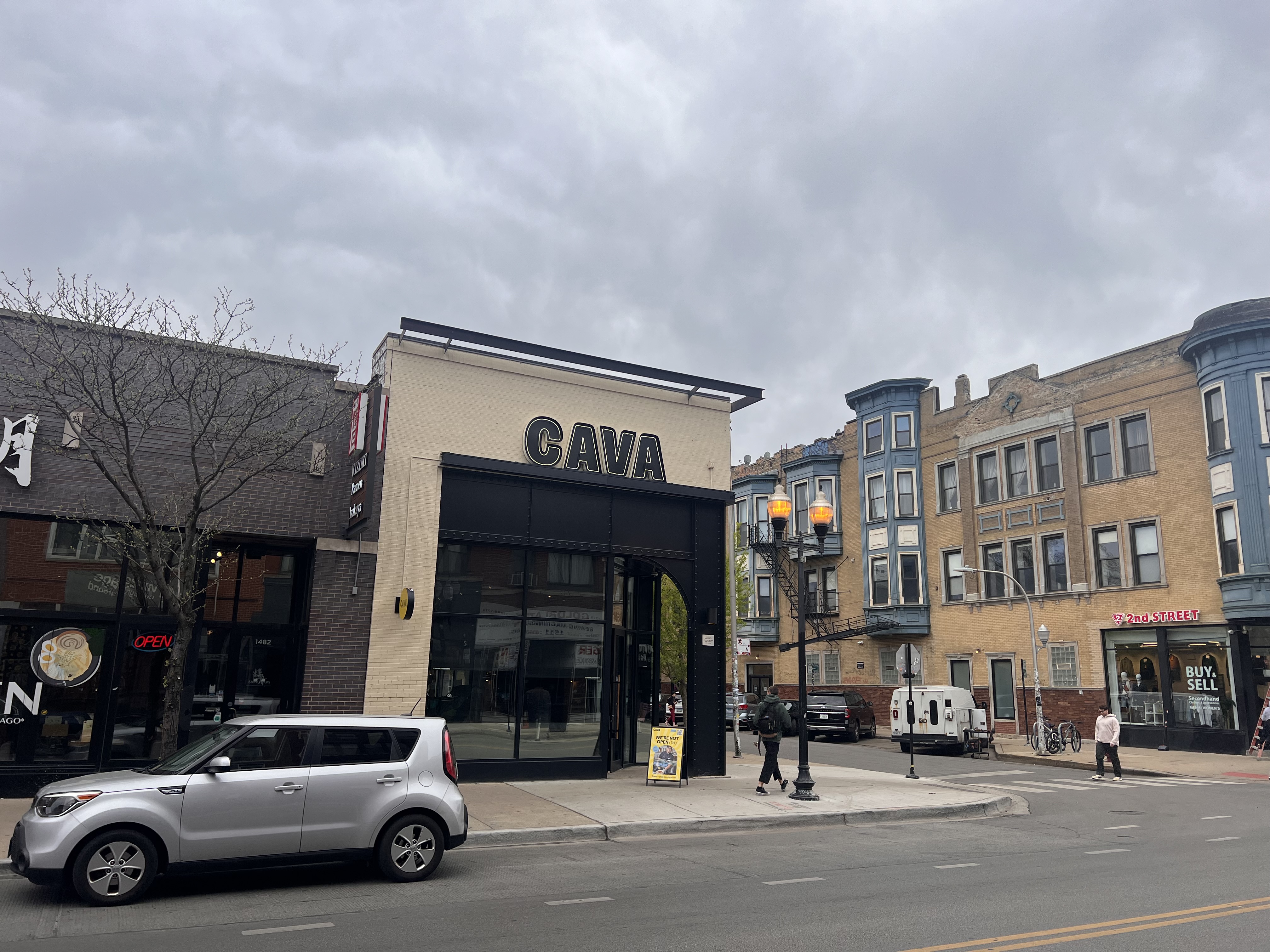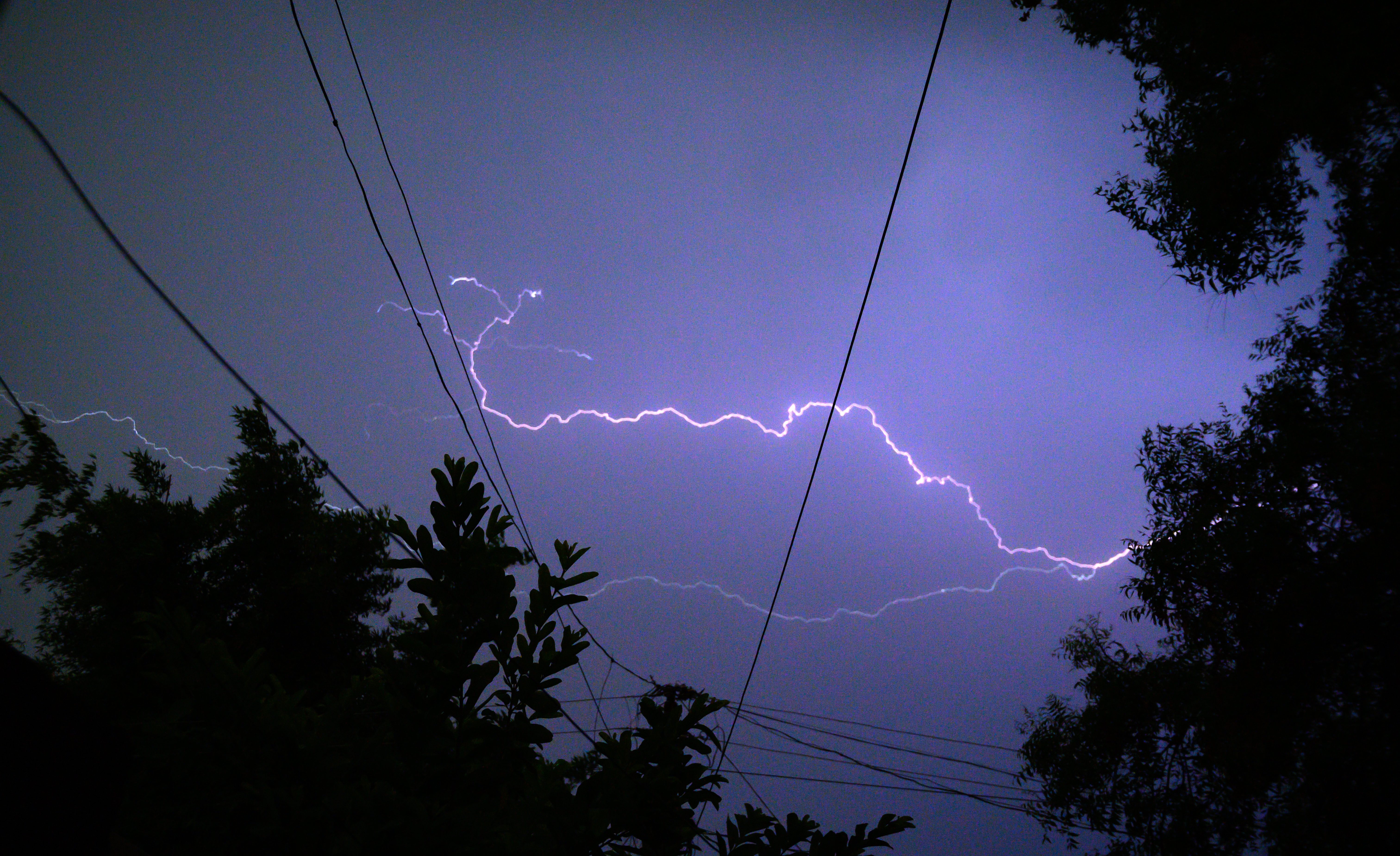Gov. J.B. Pritzker touted Illinois' state budget Thursday morning, calling it a "giant step forward to true fiscal stability."
"It's been said that a budget is a moral document because it reflects our society's priorities," Pritzker said during a news conference in Chicago. "This year's budget was especially challenging because it comes with the knowledge that we must not only rebuild from our pandemic losses, but also attempt to overcome the structural imbalance that has plagued Illinois' finances for decades."
"So it's with great pride that I tell you the fiscal year 2022 budget is a responsible balance, addressing the pain of the pandemic, while investing in a thriving future for the people of Illinois," Pritzker said. "It's a balanced budget that achieves a level of fiscal prudence not seen in our state for two decades. For the first time since 2001, Illinois is paying its bills on time. We are also paying off pandemic borrowing early, we're meeting our full pension obligation, and we're saving taxpayers tens of millions of taxpayer dollars along the way.
"We did this because we're keeping our operating budget flat, aside from education and critical life-saving human services. We made cuts that address the structural imbalance that has too often hurt our state's working families," he continued. "That means we're cutting over half a billion dollars in recurring spending on corporate tax loopholes, the benefits of which went to international businesses, most of whom made hefty profits, even during the global pandemic."
Feeling out of the loop? We'll catch you up on the Chicago news you need to know. Sign up for the weekly Chicago Catch-Up newsletter here.
"Managing our state's spending, reducing our debt, paying our bills on time and making structural fixes doesn't solve all of Illinois fiscal challenges, but it demonstrates a positive change in the direction of our finances," Pritzker said. "After the most difficult year in memory, Illinois is making a major comeback."
The Illinois Legislature during the spring session worked past its May 31 deadline and into the early morning hours of June 1 to approve the $42 billion state budget, based on tax revenue sources that rebounded much faster from the global pandemic than expected and including $2.5 billion in spending from a multiyear federal relief package.
The plan assembled on the final scheduled day of the Legislature’s spring session incorporated just a portion of the $8 billion Illinois expects in COVID-19 relief money that Congress approved last winter — but that pot includes $1.5 billion in additional construction projects.
Local
House Majority Leader Greg Harris had pronounced a balanced budget that also reinstates the $350 million extra for public schools that was promised annually in a 2017 school-funding overhaul, but which Pritzker initially said would need to be skipped for a second year in a row.
“We’re very lucky our revenues came up,” Harris, a Chicago Democrat, said at the time.
The budget offers a far rosier picture than the “pain” — deep budget cuts — Pritzker predicted were inevitable after voters soundly rejected his proposed constitutional amendment in November to allow a graduated income tax system that hit the wealthier harder and would generate $3 billion extra a year.
Republicans denounced the ballot initiative as a blank check for free-spending Democrats, who control both houses of the General Assembly as well as the governor’s office. As revenues continued to outpace predictions, they persisted in saying that Pritzker had more than enough money.
Their reward came in the form of a Pritzker concession to cut fewer of the business and job-producing incentives they negotiated in 2019 with the Democrat, tax breaks the governor touted then but now calls unaffordable “loopholes.” Democrats crafting the budget were planning to cut three programs to generate $636 million in additional revenue. In February, Pritzker proposed eliminating eight incentive programs to save $1 billion.
Pandemic-battered sectors of the state would get $1.5 billion from Illinois’ allotment of American Rescue Plan Act. Hundreds of millions of dollars would be reserved for the Department of Human Services for programs to help the homeless, prevent suicide, counsel schoolchildren through the last year’s trauma, and provide services “for our first responders who have gone through a year of hell and deserve all the support we can give them,” Harris said. The ailing tourism and hospitality industries would receive $578 million.
Illinois borrowed $5 billion from the federal government to pay unemployment benefits for those the pandemic displaced. ARPA would provide $100 million to pay interest on that loan, but principal retirement would wait.
But another huge pandemic-relief debt is off the books. The state owed $1.2 billion — payable by December 2023 — on a $3.2 billion federal loan. Pritzker and legislative leaders announced last month that they’d pay that loan off early, saving $100 million in interest.



